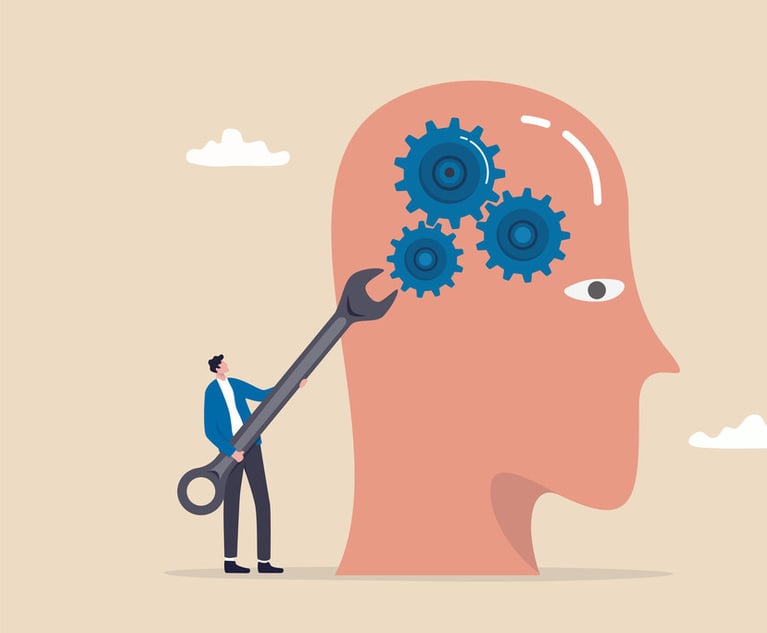The COVID-19 pandemic has presented a myriad of issues for employers. From vaccination mandates and mask requirements to remote work policies, employers have been forced to make decisions on how to best keep their employees, customers, and patients safe during the continuing pandemic. Against this backdrop come novel issues in employment litigation—namely, whether the COVID-19 virus constitutes a disability within the meaning of the New Jersey Law Against Discrimination (NJLAD).
The COVID-19 Pandemic and Its Interplay With NJLAD
While the NJLAD is often considered broader than the Americans with Disabilities Act (ADA), it is not all encompassing. The New Jersey Law Against Discrimination, at N.J.S.A. 10:5-5(q), defines disability as follows:
“Disability” means physical disability, infirmity, malformation or disfigurement which is caused by bodily injury, birth defect or illness including epilepsy and other seizure disorders, and which shall include, but not be limited to, any degree of paralysis, amputation, lack of physical coordination, blindness or visual impediment, deafness or hearing impediment, muteness or speech impediment or physical reliance on a service or guide dog, wheelchair, or other remedial appliance or device, or any mental, psychological or developmental disability, including autism spectrum disorders, resulting from anatomical, psychological or neurological conditions which prevent the normal exercise of any bodily or mental functions or is demonstrable, medically or psychologically, by accepted clinical or laboratory diagnostic techniques. Disability shall also mean SIDS or HIV infection.


 Credit: SeventyFour / Shutterstock.com
Credit: SeventyFour / Shutterstock.com




